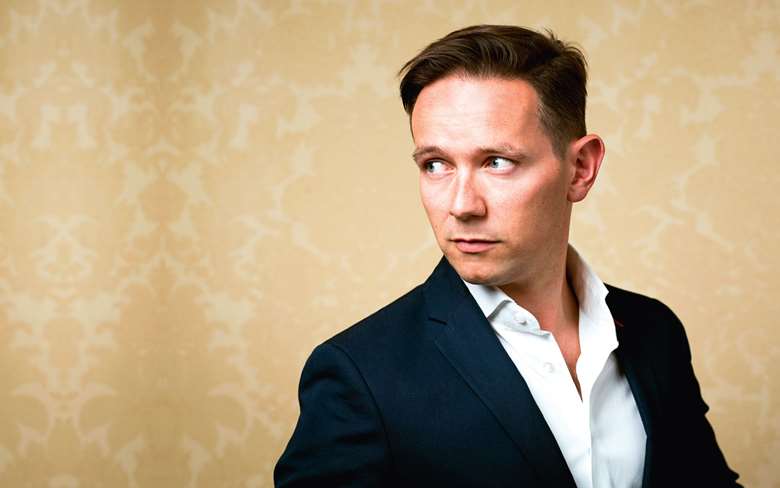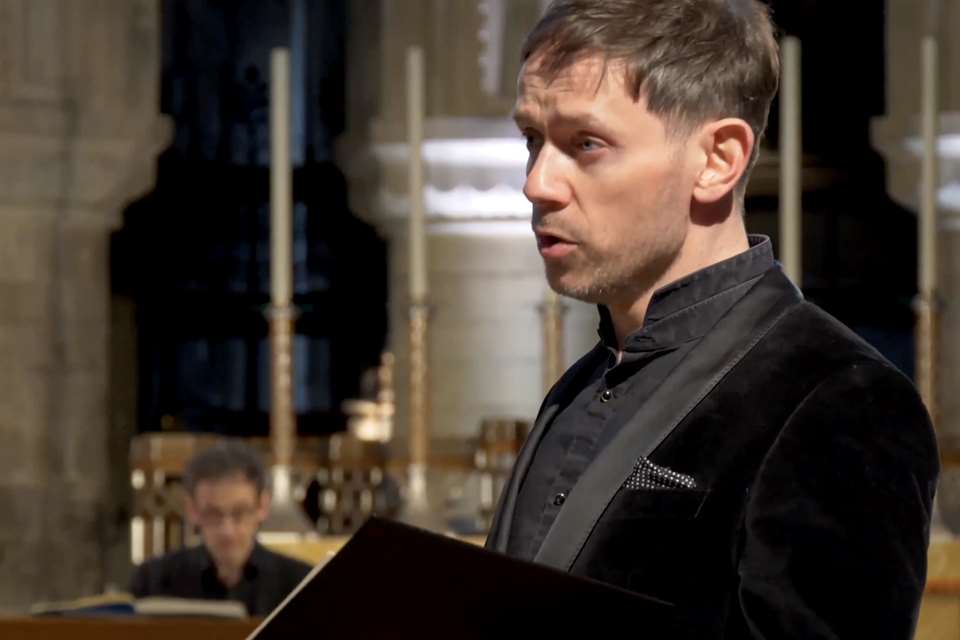Iestyn Davies: how the countertenor is rising to every musical challenge, from Monteverdi to Adès
Helena Matheopoulos
Tuesday, July 4, 2023
Iestyn Davies continues to forge paths in the opera world, taking risks, connecting with audiences and collaborating with new voices

Register now to continue reading
This article is from Opera Now. Register today to enjoy our dedicated coverage of the world of opera, including:
- Free access to 3 subscriber-only articles per month
- Unlimited access to Opera Now's news pages
- Monthly newsletter








